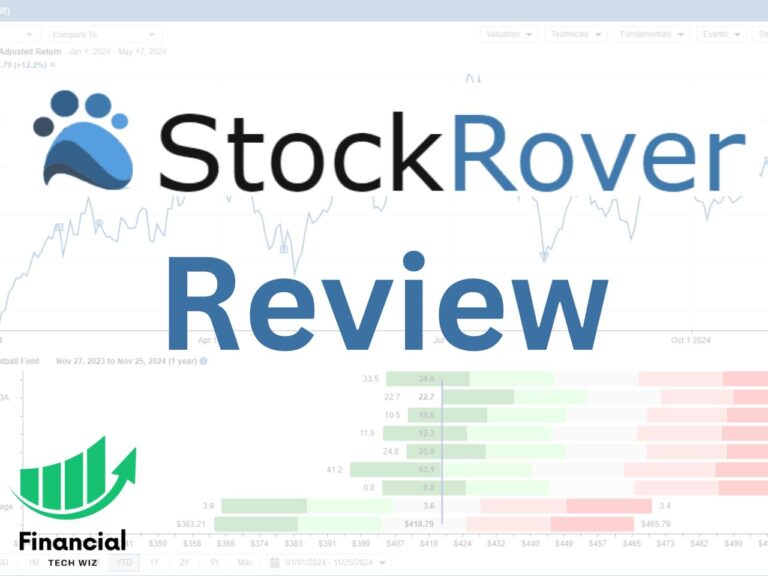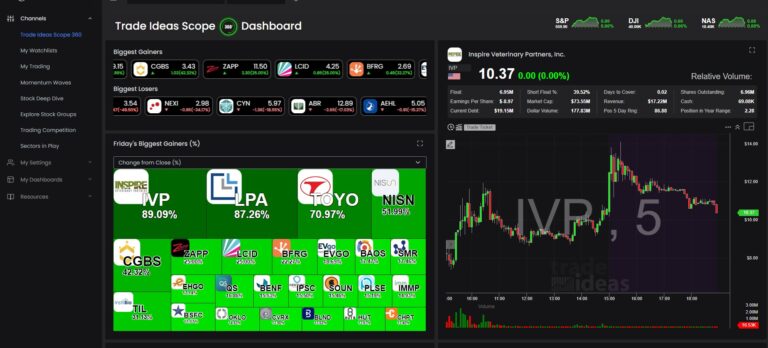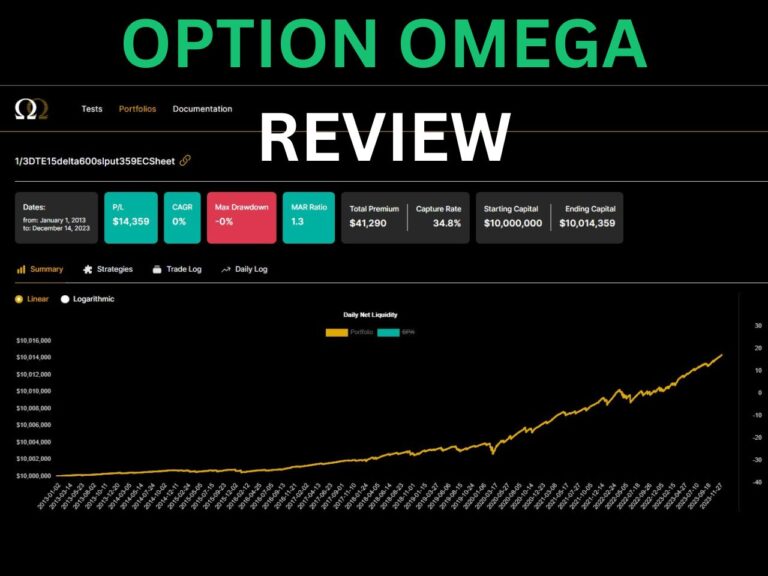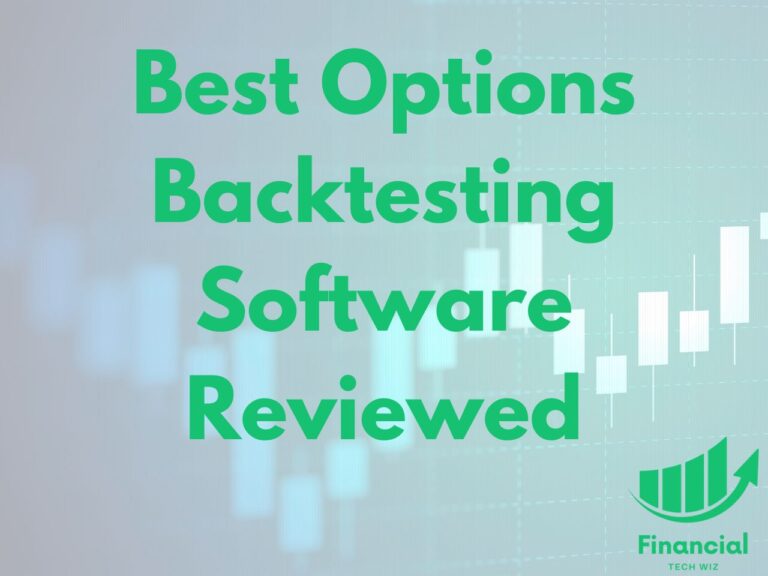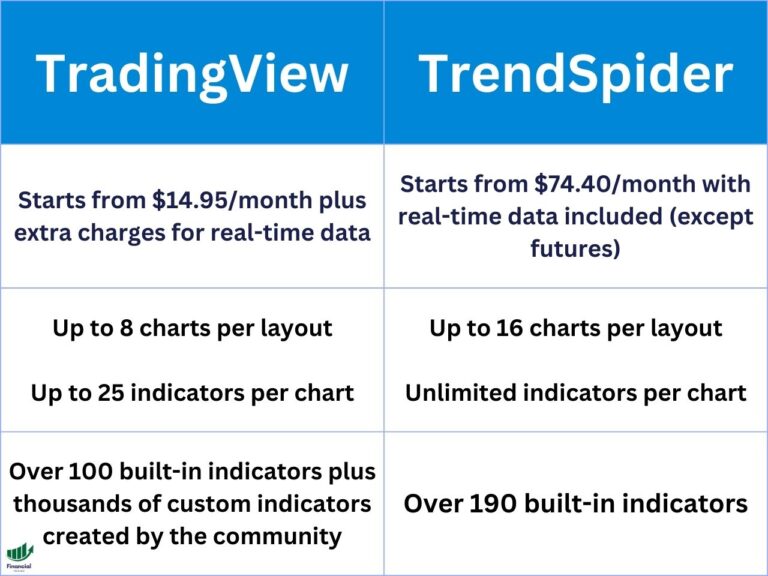Investing In Your Own Business: 4 Tips To Optimize Your ROI
There are many ways to invest your capital to generate wealth and passive income. Each—from stocks and bonds to high-yield saving accounts and real estate—has its own set of benefits and drawbacks. Investing in your own business isn’t different: with the right business plan and a strategy to avoid common pitfalls, you can create a profitable organization to make your money work harder for you.
However, just like in the case of any investment, it is crucial to take steps to maximize your returns. In this quick-start guide, we’ll look at how the right financial choices can help you get the highest ROI out of your investment. Let’s dive in.

Manage Your Cash Flow
Did you know that one of the most common reasons why businesses fail is poor cash flow management? Not being able to manage your cash flow means that you may not be able to pay your suppliers or invest in product development which, in turn, can affect your customers’ likelihood to continue serving themselves at your business.
Here, working with a specialized accountant and cash flow manager can help you better understand how to optimize your finances. These specialists may also recommend a tax-efficient strategy that can help you save more and optimize how you use your profits!
Choose The Right Tools For Business Payments
Business payments are essential: you’ll need to pay your suppliers, receive payments from customers, and even manage incoming funding from banks and investors. However, to manage these payments, it is crucial to select the best tool. After all, an inefficient payment software can lead to several pitfalls, including:
- Losing money on currency conversations
- Adding fees and extra costs to each transaction—which can certainly add up over time!
- Be unsafe, causing a loss of reputation and customer loyalty
- Extend payment timelines, which can impact your cash flow and your ability to pay suppliers.
So, when choosing the right payment tool, carry out your research. For instance, find out the difference between zelle vs venmo for business and check the market for the most reliable payment options.
Apply Personal Finance Concepts
Personal finance best practices sometimes apply to business finances, too! For instance, you may want to have a plan for saving and investing a part of your profits and use key performance metrics to track and analyze changes in your wealth or assets. Ideally, you’ll want to work with an expert who can help you understand how to best apply concepts such as avoiding bad debt in business, too!
Continuously Upskill Yourself And Your Team
Last but not least, to optimize your business’s returns, be sure to invest in your own and your teams’ upskilling. Continuous training and updates in your skillset are essential to help you stay relevant in a changing market, ensuring that you can continue running a successful business for years to come. When it comes to upskilling, working with training professionals, look at how the market is developing, and compare your strengths and weaknesses with the ones of competitors. The goal is to support your business’s longevity—and your talents and skills are at the core of success!
Get Your Free Trading Resources
Grab the free trading journal template plus the same tools we use to stay organized, consistent, and objective.
- Free trading journal template
- Custom indicators, watchlists, and scanners
- Access our free trading community
Enter your email below to get instant access.
No spam. Unsubscribe anytime.

